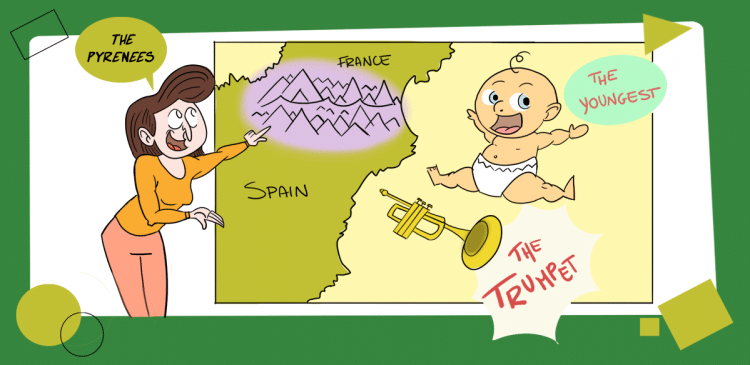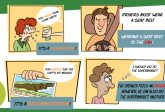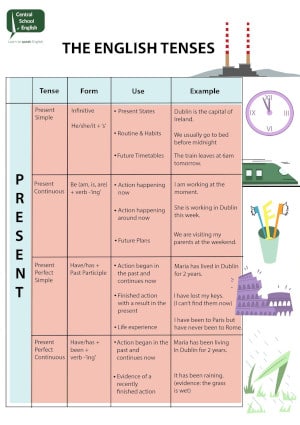Some Uses of the Definite Article

One of the most difficult aspects of the English language for students is learning when we do, or don’t, use Articles. There are three Articles in English – the Indefinite Article (a or an), the Definite Article (the), and the Zero Article (which is when we don’t use an article at all!)
In this post we’re going to focus on some of the uses of the Definite Article.
'The' for Geographical Features
We use the definite article to speak about various geographical features.
We use the definite article to speak about names of seas and oceans. For example, we can think of the Mediterranean Sea and the Dead Sea, or the Atlantic Ocean and the Pacific Ocean.
We also use the definite article when we speak about the names of rivers. For example: The River Liffey in Dublin, the Nile in Africa or the Amazon river in South America.
We also use the definite article to speak about deserts across the world. For example: The Sahara Desert in North Africa, the Arabian Desert in Western Asia and the Mojave Desert in the United States.
We also use the definite article to speak about mountain ranges. Some famous mountain ranges in the world are the Pyrenees Mountains in France and Spain, the Carpathian Mountains in Hungary, Poland and Romania and the Andes Mountains in South America.
We use the definite article to speak about groups of countries or states or island chains. For Example: The European Union, the United States of America, the Netherlands, the Canary Islands.
Although we use the definite article to speak about seas, oceans, rivers, mountain ranges groups of countries and islands and deserts, we do not use the definite article to speak about all geographical features.
For example:
- We cannot* use the definite article to speak about lakes. For Example: Lake Victoria, and Lake Superior
- We cannot* use the definite article to speak about mountains. For example: Mount Everest and Mount Kilimanjaro
- We cannot* use the definite article to speak about streets. For Example: Grafton Street and Henry Street
- We cannot use the definite article to speak about continents. For Example: North America, Asia, Africa
* There are some exceptions! For example: The Great Lakes, The Matterhorn, The Champs Elysees.
'The' for Musical Instruments
We also use the definite article ‘the’ when we speak about musical instruments.
For example:
Some common string instruments are the guitar, the cello and the violin.
Popular percussion instruments include: the drums and the tambourine.
Woodwind instruments include: the saxophone, the trumpet and the flute.
'The' with Adjectives
The definite article in English is also used to speak about superlative adjectives.
For example, the tallest, the youngest, the funniest, the largest, the most incredible, the most agreeable, the most striking and the most alarming.
Another very important use of the definite article is when we use adjectives to speak about groups of people in society. For example, we can speak about ‘the rich’, ‘the poor’, ‘the employed’ or ‘the unemployed’, ‘the destitute’, ‘the old’, ‘the young’, ‘the homeless’ and ‘the infirm’. It is also commonly used with nationality adjectives to describe that group of people. For example: ‘the English’, ‘the Irish’, ‘the Spanish’ or ‘the French’.
Use of the Definite Article 'The'
We use the definite article when we talk about:
Geographical features: I enjoy going skiing in the Alps. I went on a boat trip along the River Liffey. Last year I went on holiday to the United States.
Musical instruments: I want to learn to play the piano. My sister plays the guitar very well.
Superlative adjectives: This is the best movie I have ever seen. She is the oldest student in the class.
Adjectives for groups: The English drink a lot of tea, whereas the Spanish drink a lot of coffee.
Vocabulary
Aspect: a part of something
Various: there are many different types
Test Yourself
Thank you for reading our post. You’ll find more English grammar tips elsewhere on our site and if you’d like information on our English courses in Dublin, please do not hesitate to contact us.





